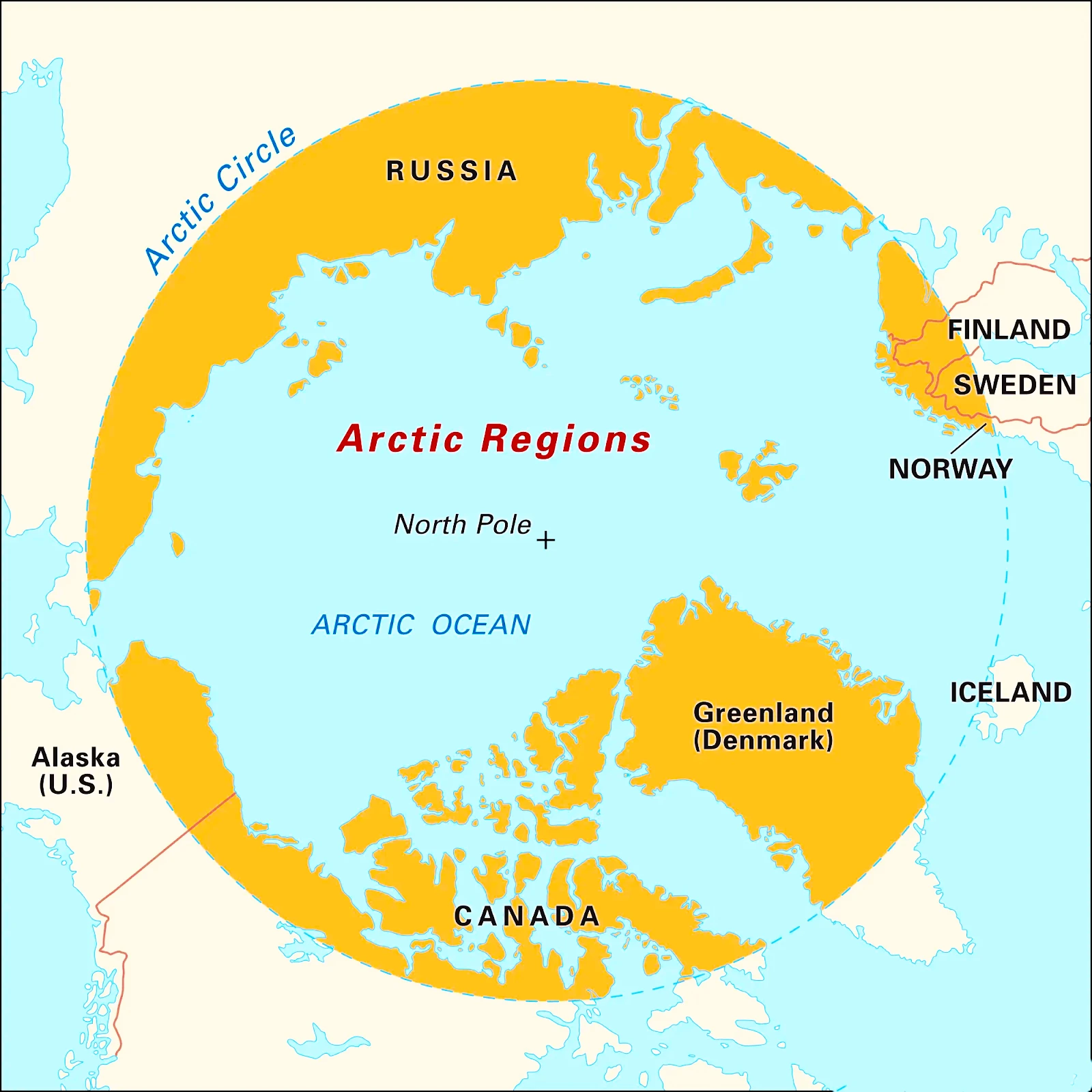Context: In its first winter arctic expedition to the Svalbard region of the Arctic, Raman Research Institute, Bangalore to represent India.
RRI Bengaluru to participate in first winter Indian expedition to Arctic region
- This will be for the first time that researchers will examine the characterisation of the radio frequency environment in the Svalbard region of the Arctic.
The National Centre for Polar and Ocean Research (NCPOR)
- Established as an autonomous Research and Development Institution of the Ministry of Earth Sciences in 1998, It is situated in Goa.
- Mandate: Centre is designated as the nodal organization for the co-ordination and implementation of the Indian Antarctic Programme, including the maintenance of India’s permanent station in Antarctica [Maitri (1989) & Bharati (2011)].
|
About Winter Arctic Expedition
- Nodal Agency: The National Centre for Polar and Ocean Research (NCPOR), Goa which is being funded by the Ministry of Earth Sciences
- Aim: To get information about the radio quietness of the location for deploying the SARAS radio telescope in Svalbard, for carrying out precision astronomy measurements.
Shaped Antenna measurement of the background Radio Spectrum (SARAS) telescope
- SARAS is an indigenously designed Radio Telescope built at Raman Research Institute.
- Aims: To study the faint cosmological signal from hydrogen, commonly referred to as the 21-cm signal, emerging from the Cosmic Dawn and the Epoch of Reionization.
-
- Cosmic Dawn denotes the period when the first stars and galaxies were born in the universe.
|
- Significance: It can potentially open avenues for deploying low frequency radio telescopes in the region which will conduct experiments spanning across astronomy, climate change and atmospheric science in the Arctic region.
About Arctic Region
- It is a region comprising an area above the Arctic Circle (north of latitude 66° 34’ N) and is part of eight countries — Canada, Denmark, Finland, Iceland, Norway, Russia, Sweden, and the US ( who make up the Arctic Council) plus the Arctic Ocean.
Svalbard group of islands

- It is the closest human habitation to the North Pole. The Norwegian archipelago of Svalbard in the Arctic Ocean hosts the International Arctic Research base in Ny-Ålesund.
- India’s Arctic Research Station Himadri is situated here.
- Scientific research in the Arctic region is governed by international legal instruments like the Svalbard Treaty of 1920 (It recognises the sovereignty of Norway over the Arctic archipelago of Svalbard, The signatories were given equal rights to engage in commercial activities (mainly coal mining) on the islands. India is a signatory to the treaty).
Must Read: Changes in the Arctic Region: How India Can Help Save the Arctic Region
Significance of the Arctic for India
- Scientific Research: Since 2007, India undertook 13 scientific missions and is maintaining a permanent research station in the region to ascertain the reasons of global warming, climate change, rising sea level due to melting of ice and its effects on India’s weather patterns ie. on Indian Monsoons and melting of glaciers in Himalayas.
- Economic necessity: Arctic has 22 percent of the world’s unexplored resources. Greenland has 25 percent of the global reserves of rare earths. With the melting of sea ice, the Arctic will open a new route of transportation and communication.
News source: The Hindu
![]() 20 Dec 2023
20 Dec 2023

